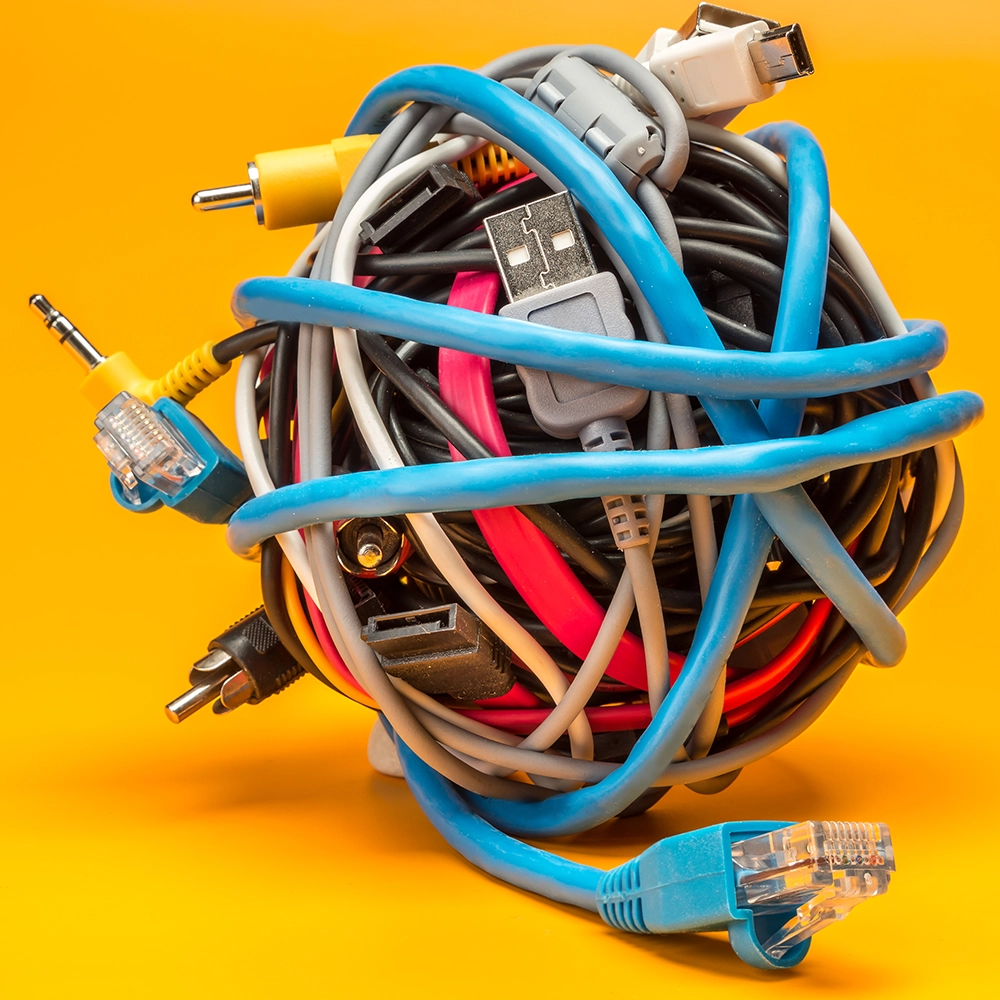The accompanying report – “Measuring Circular Impact – An assessment of the consumer electronics industry” – shows how circular models such as second-hand sales and rental services can significantly reduce environmental impact.
It was developed by 12 industry partners including Vodafone, Telekom, FixFirst and rebuy, alongside Systemiq, Fraunhofer IZM and Deloitte.
Marina Proske, group manager for life cycle modelling at Fraunhofer IZM, said: “What makes the (Circular Business Modell Impact) CBMI method unique is its grounding in real-world device usage.
“It allows companies to move beyond assumptions and act on measurable outcomes.”
The report is based on a combination of market studies by Circularity and operational data provided by the industry partners.
It reflects the real usage patterns and purchasing decisions of B2C and B2B consumers while also factoring in realistic company decisions when it comes to fleet management, refurbishment and repair, and the resale of devices.
Manuel Braun, senior director at Systemiq, said: “The electronics sector is still deeply linear.
“But with the right incentives, circular models can help us close resource loops at scale. What’s been missing is a clear view of how devices actually move through the system.
“The Systems Map in this report provides exactly that – offering a shared baseline to understand where interventions are most needed.”
The full list of partners is Vodafone, Telekom, Assurant, rebuy, Grover, FixFirst, re!commerce, Foxway, Ingram Micro Lifecycle, Reverse Logistics Group, circulee and Everphone.
The need for circular business models
Studies have shown that the use of second hand or rental smartphones can reduce yearly emissions by up to 20% – and extend device lifetimes by over 30%.
If 80% of users rented or bought used smartphones, Germany could avoid 200.000t CO₂ annually and reduce new devices brought onto the market by 2-3 million devices per year.
At the same time, only 14% of smartphones and laptops in circulation are second-hand, repair rates remain low and just 30% of devices are formally recycled.
Circular business models offer a potential solution by recirculating products for as long as technically possible.
However most circular business models today only achieve about 20% to 50% of their potential maximum impact.
Carolin Schmid, Deloitte topic lead for customer strategy in circularity, said: “The CBMI methodology fills a critical gap in sustainability measurement.
“By focusing on the actual use phase, the impacts of customer behaviour become a central component in the evaluation.
“It enables a much more realistic assessment of circular strategies – especially in complex industries like electronics.
“As a result, companies, investors and policymakers finally have the means to track, compare, and scale effective circular solutions.”








Subscribe for free